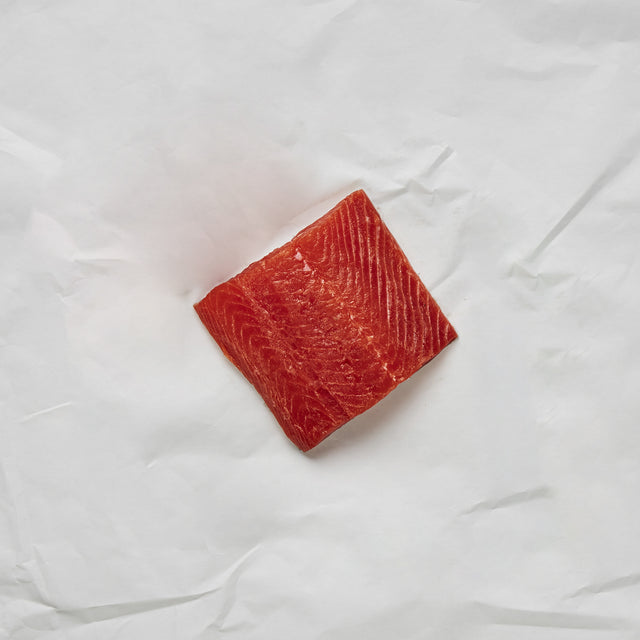Are you considering becoming a pescatarian?
Similar to vegetarianism, the pescatarian diet avoids all animal protein — such as beef, pork, chicken, etc. — but still enjoys eating fish and seafood. Unlike vegans, pescatarians also typically still eat dairy and eggs.
Being a pescatarian doesn’t mean you eat fish for every meal. It actually doesn’t even mean you eat fish every day! Instead, following a pescatarian diet often means eating mostly plant-based, while also incorporating seafood a few days per week.
Why do people follow a pescatarian diet?
While individual reasons certainly vary person to person, pescatarians are generally motivated by two key goals: health and morality.
Since regularly eating fish and seafood is recommended for a heart-healthy diet, pescatarians enjoy the benefit of consuming ample omega-3 fatty acids. In addition to being good for your heart, omega-3s are also anti-inflammatory and can help reduce your risk of developing a chronic illness, among other benefits.
Ethically, many pescatarians don’t wish to support some of the harmful practices in the meat industry, or simply don’t want to eat animals at all. Sustainably sourced seafood is also better for the environment, which can be an additional motivator for going pescatarian.
What are the benefits of a pescatarian diet?
Since a pescatarian diet tends to be very similar to a Mediterranean-style of eating, it’s often considered one of the healthiest ways to eat. Fish and seafood are ideal lean proteins, making them lower in fat and calories than other proteins. If weight loss or weight management is your goal, this is a great perk.
But just how healthy is a pescatarian diet? While it obviously depends on the other foods you eat besides seafood, a study released in 2018 with more than 400,000 subjects found that the people who ate the most fish decreased their risk of dying of any cause by 8 (women) or 9 (men) percent compared to participants who ate the least fish. Researchers from this study concluded that this startling result was likely due to the benefits of omega-3s found in fatty fish.
That’s right: eating more fish can actually decrease your risk of developing deadly diseases. Plus, since the remainder of a pescatarian diet is typically made up of plant-based foods and minimal dairy, this diet couldn’t be more heart-healthy.
What are the drawbacks of a pescatarian diet?
Of course, no diet is without its drawbacks. While the risks of mercury poisoning from eating too much fish are very low, it is important to be conscious of the types of fish you’re eating and how it was sourced. Some fish is considered lower in mercury than others, so if you’re concerned (or if you’re pregnant), stick to salmon, shrimp, tilapia and cod.
Other than this small concern, a pescatarian diet is considered extremely well-rounded. By combining lean, heart-healthy protein with other plant-based foods, you’ll be giving your body that nutrients and fuel it needs to perform at an optimum level.
Worried about finding high quality, sustainably sourced seafood? We can help with that.





